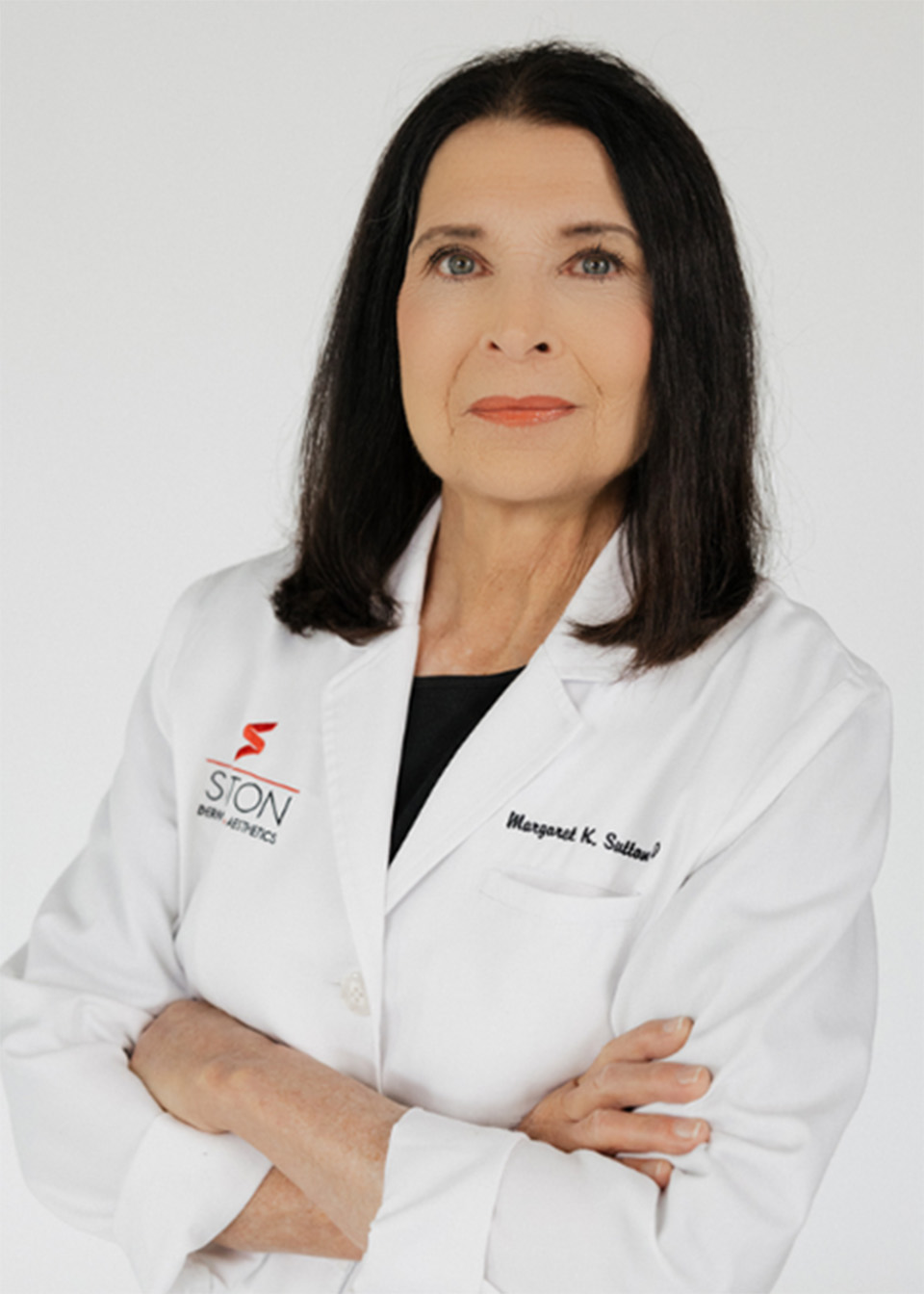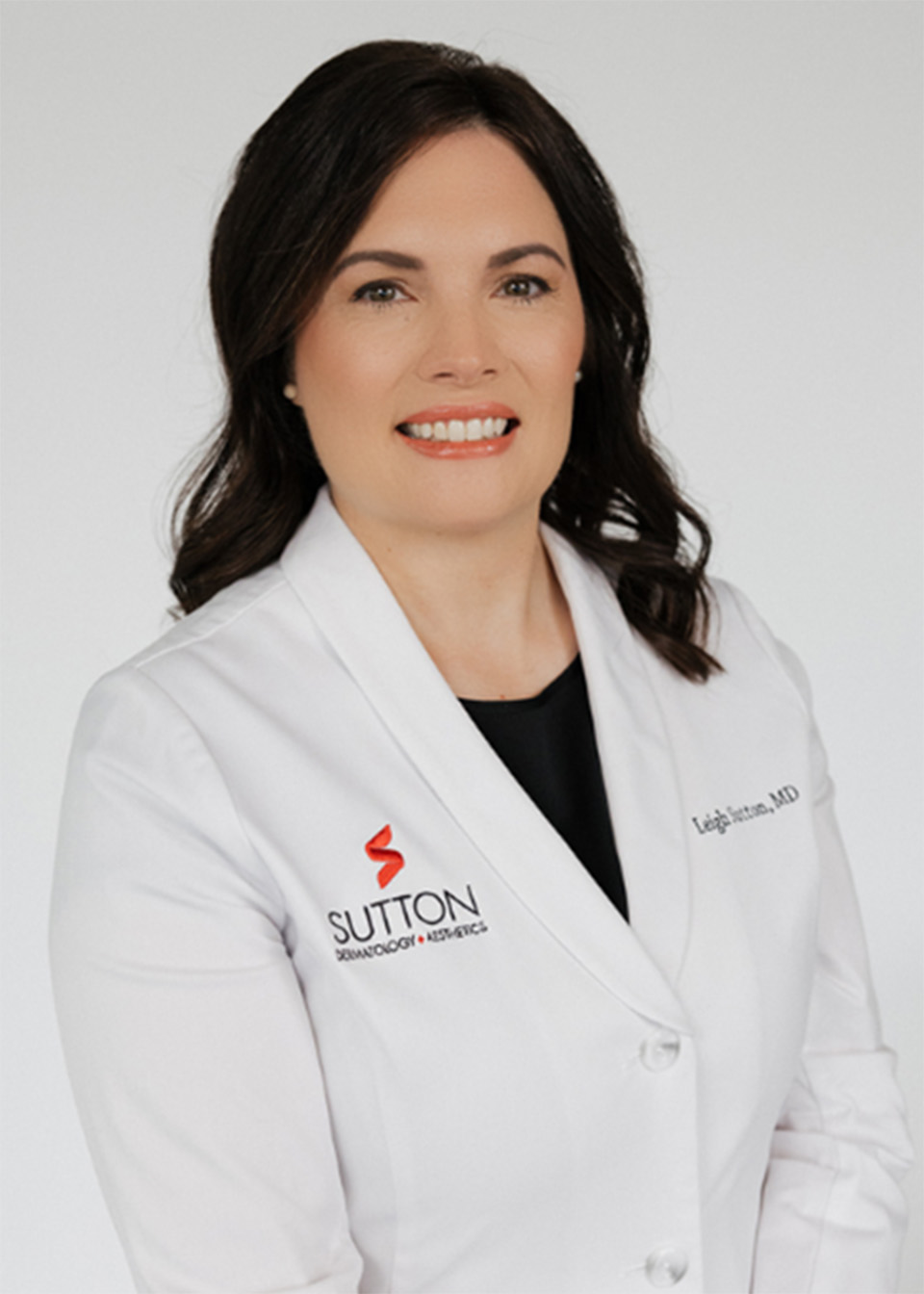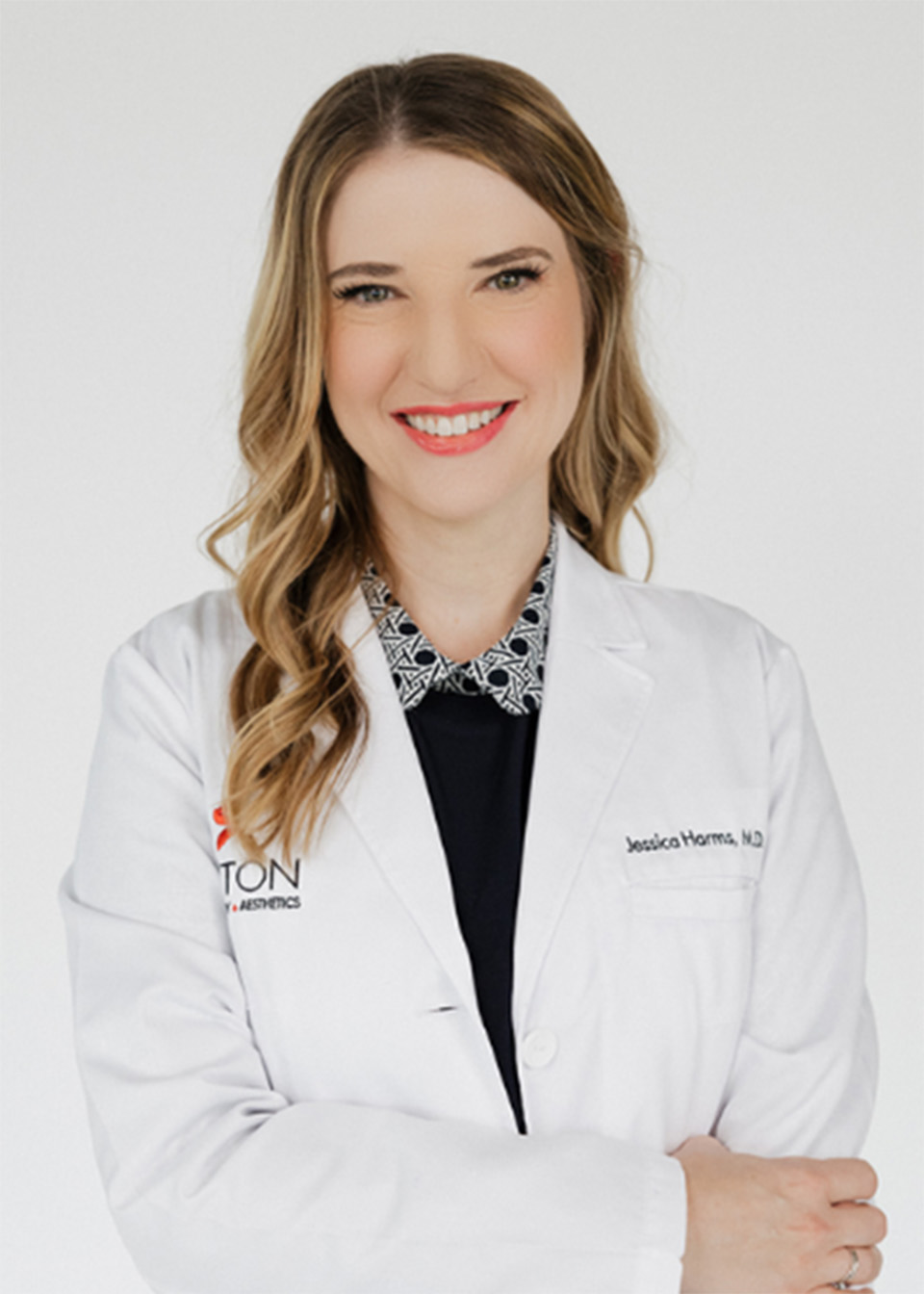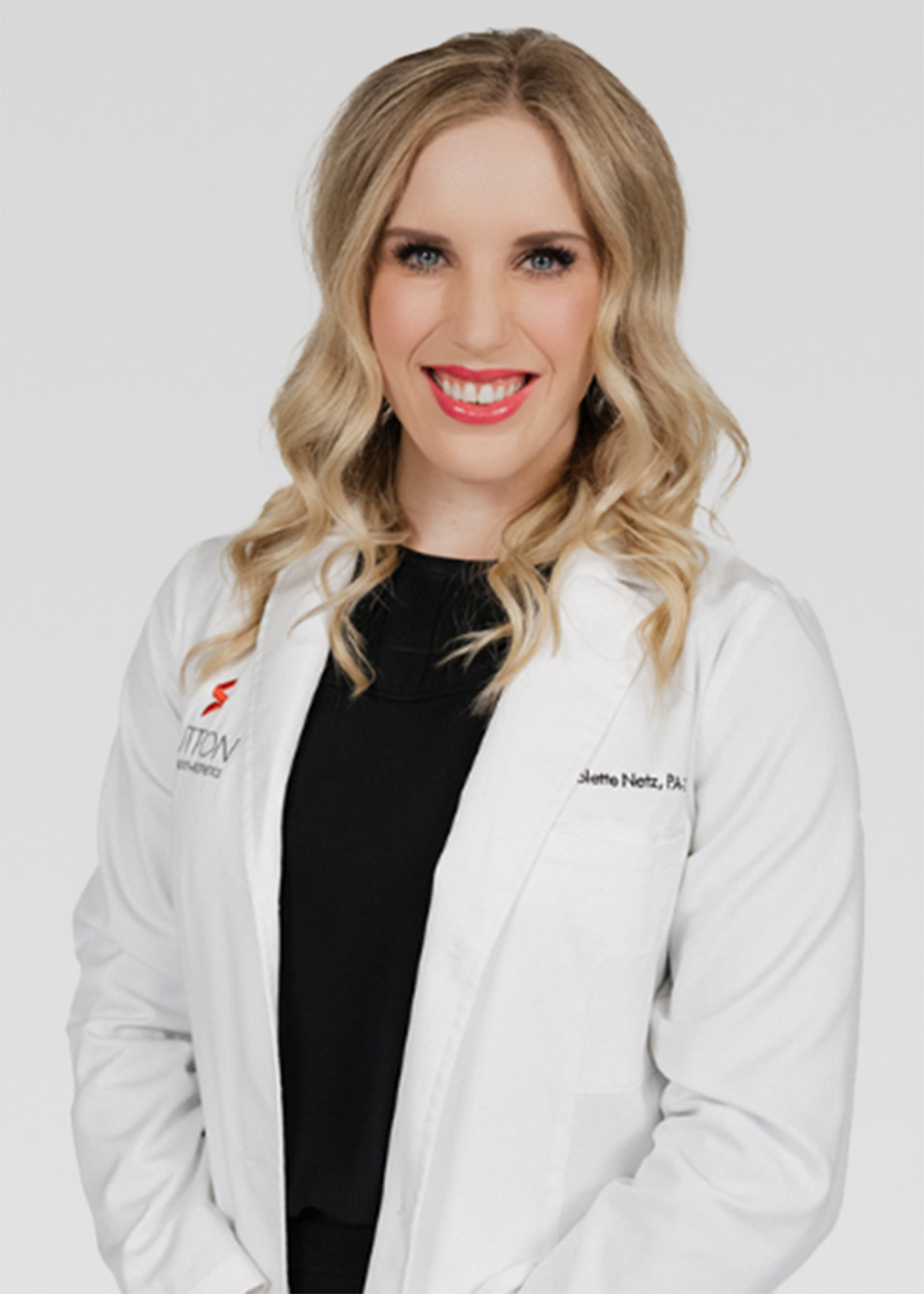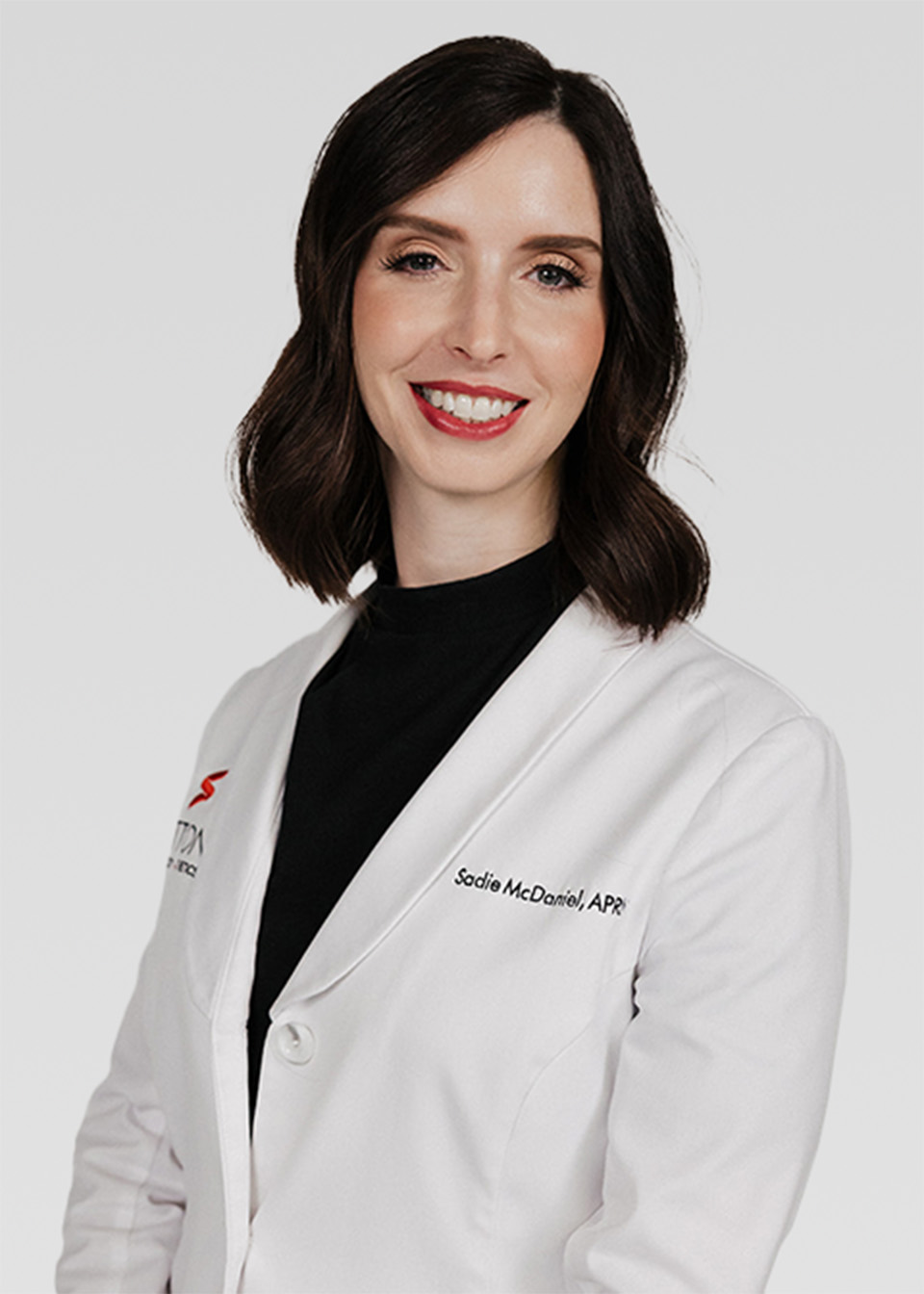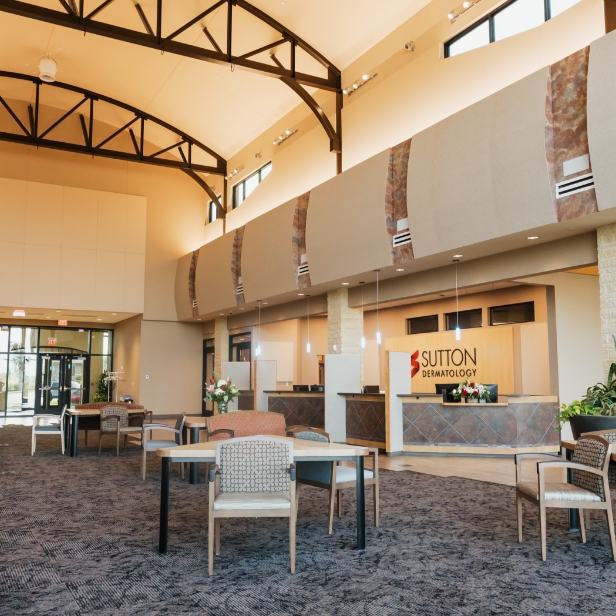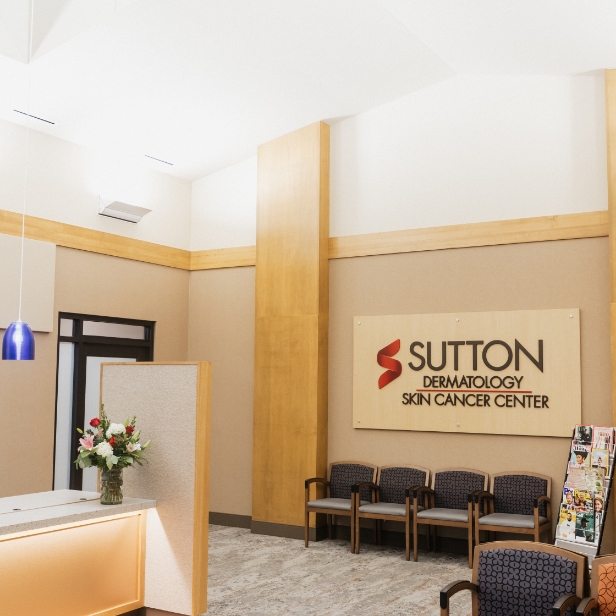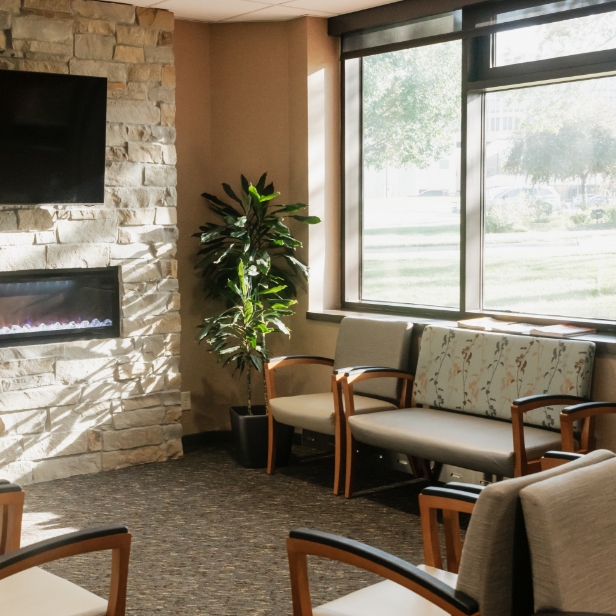Sutton Dermatology + Aesthetics
7100 Stephanie Lane
Lincoln, NE 68516
Phone: (402) 484-9009
Monday–Thursday: 8 a.m.–5 p.m.
Friday: 8 a.m.–3 p.m.
Sutton Dermatology + Aesthetics
5100 N. 26th Street
Lincoln, NE 68521
Phone: (402) 484-9009
Monday: 8 a.m.–5 p.m.
Tuesday: 8 a.m.–4 p.m.
Wednesday: 8:30 a.m.–5:30 p.m.
Thursday: 8:30 a.m.–4:30 p.m.
Friday: 8:30 a.m.–3 p.m.
Sutton Dermatology + Aesthetics
6900 L Street
Lincoln, NE 68510
Phone: (402) 484-9009
Monday: 8:30 a.m.–4:30 p.m.
Tuesday: 8 a.m.–5 p.m.
Wednesday: 8 a.m.–4 p.m.
Thursday: 8:30 a.m.–3:30 p.m.
Friday: 8 a.m.–3 p.m.
What is Herpes Simplex Virus (HSV)?
The herpes simplex virus (HSV) can cause blisters and blistered areas almost anywhere on the skin. These blistered areas usually occur either around the mouth and nose or the genitals and buttocks. There are two types of the herpes simplex virus, HSV-1 and HSV-2.
HSV-1
Typically HSV-1 causes cold sores. Most people get Type 1 infections during infancy or childhood. They usually catch it from close contact with family members or friends who carry the virus. The sores most commonly affect the lips, mouth, nose, chin and cheeks and occur shortly after exposure.
HSV-2
HSV-2 virus causes genital sores. Most people get type 2 infection following sexual contact with an infected person. However, both viruses are increasingly involved in infections of all areas.
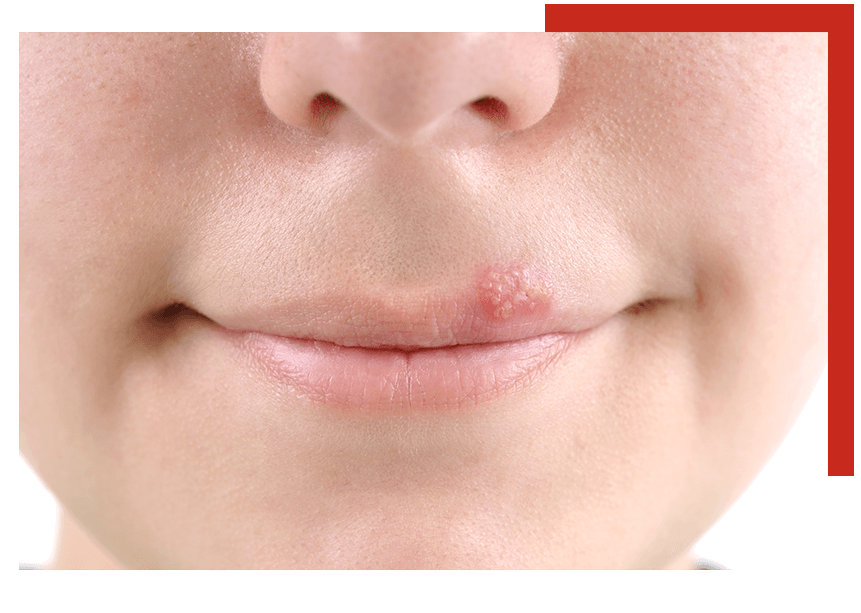
Signs and Symptoms
Outbreaks of HSV are often preceded by a burning or tingling sensation in the area. Recurrent outbreaks can be precipitated by stress, fever, trauma to the area, or exposure.
An episode is characterized by grouped fluid filled blisters in the affected area. These episodes can be recurrent.
Treatment
Although not a cure, oral anti-viral medications can be prescribed to shorten the duration of an outbreak.
If symptoms are present avoid contact of that area with other individuals.
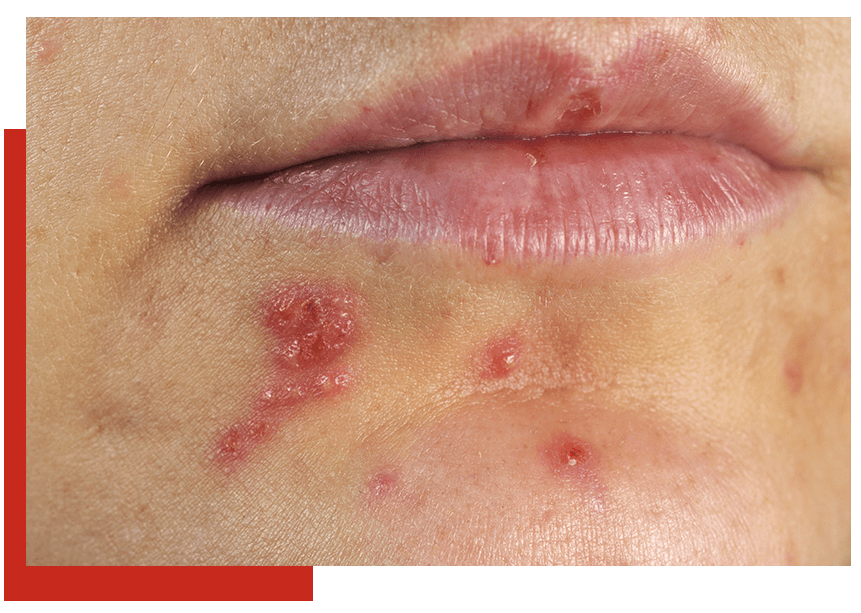
Schedule Your Appointment
If you’re ready to schedule an appointment with our team of board-certified dermatologists, physician assistants, or nurse practitioners, book an appointment online or call us at (402) 484-9009 to get started.
Your Destination for Dermatology Excellence
Our three locations were designed with your comfort and convenience in mind.
Visit Our Locations











